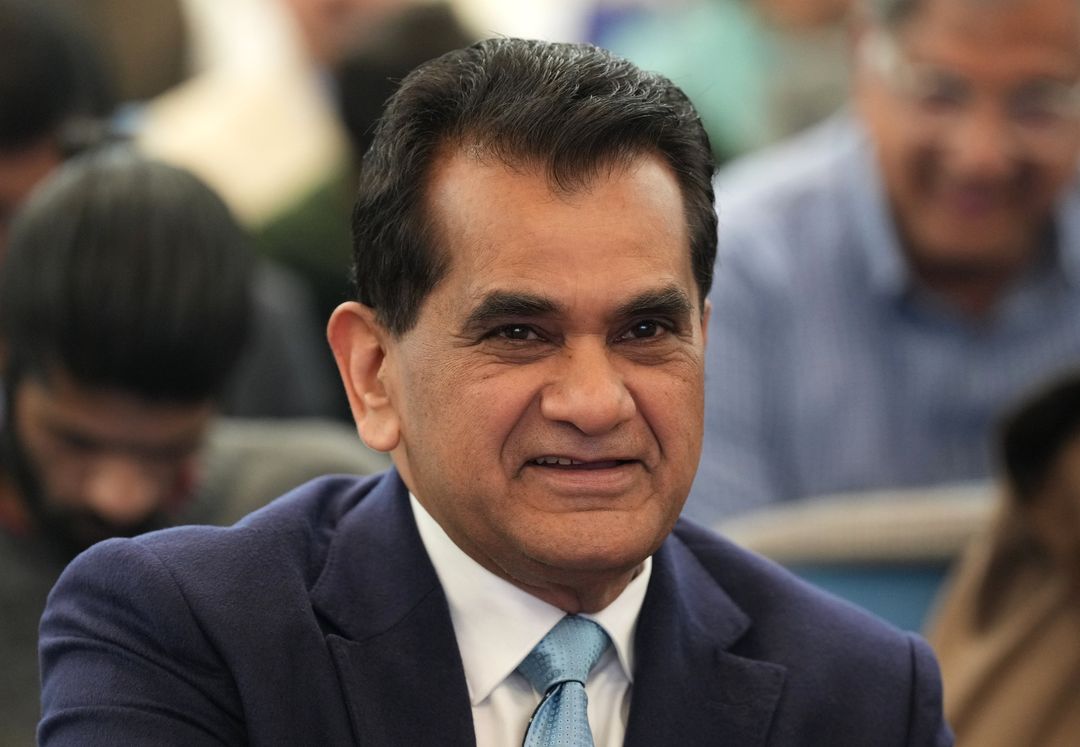
Alwar, Rajasthan, Feb 26 – Former NITI Aayog CEO and India's G20 Sherpa, Amitabh Kant, emphasized the need for India to leverage the ongoing geopolitical instability to boost clean-tech manufacturing and accelerate economic growth. Speaking at the Centre for Science and Environment's annual Anil Agarwal Dialogue, Kant highlighted India's potential to dominate sectors like battery manufacturing and electric vehicle production.
Addressing the impact of global conflicts, Kant noted, "You have a war going on for over 1,000 days in the heart of Europe. The post-World War II period of stability has ended, leading to a breakdown of global supply chains." He asserted that this disruption presents a significant opportunity for India to fill the emerging vacuum in clean-tech industries.
Kant drew parallels to China’s strategic response to the U.S. withdrawal from the Paris Agreement in 2016, which allowed it to secure control over 80% of the world's critical minerals. He urged India to take a similar proactive stance, warning that failure to develop domestic battery manufacturing and clean-tech industries could make the country heavily reliant on Chinese imports, surpassing even its current oil import levels.
Beyond clean technology, Kant also criticized the state of municipal governance in India, linking it to rising pollution and poor urban management. "If 42 of India's cities rank among the world's 50 most polluted, it signals a massive failure of municipal governance. This is not a financial issue, nor is it the central government’s responsibility," he remarked.
On resource management, Kant advocated for a proper pricing mechanism for water and electricity to curb wastage. He pointed out that India, despite holding 17% of the global population, has only 4% of the world’s water resources, with 90% of it being consumed by agriculture. He particularly criticized the extensive water use in rice and sugarcane cultivation, calling it an indirect export of "virtual water" through basmati rice.
Kant further cautioned against the consequences of free electricity, which he said has led to excessive groundwater depletion. He proposed a tiered pricing model where minimal consumers pay less, while higher usage attracts significantly higher charges. Citing Singapore’s economic transformation from a per capita income of USD 600 in 1965 to USD 90,000 today, he underscored the role of governance and structural reforms in driving sustainable growth.
Kant’s remarks reinforce the urgency for India to capitalize on global shifts, strengthen its clean-tech sector, and reform municipal governance for a more sustainable future.